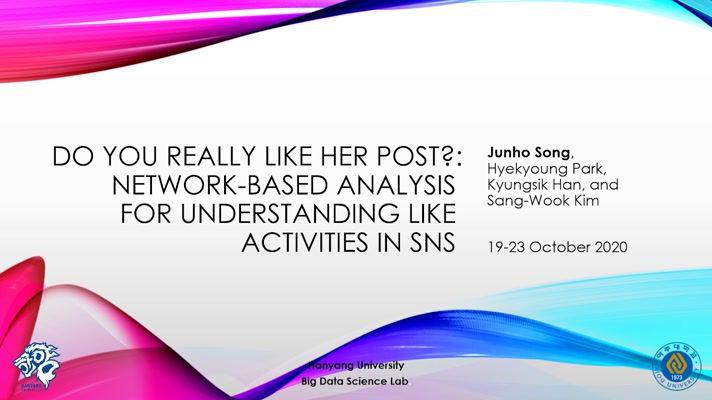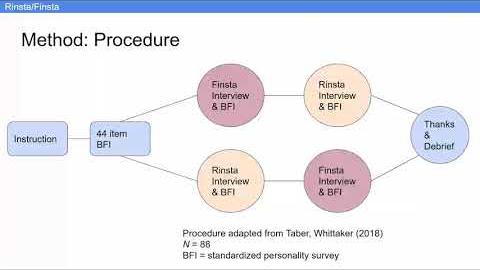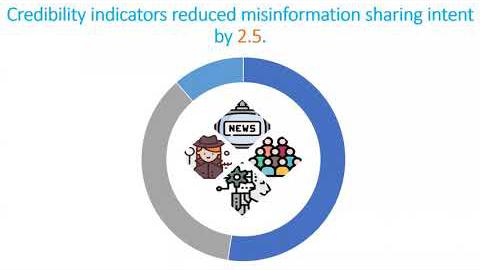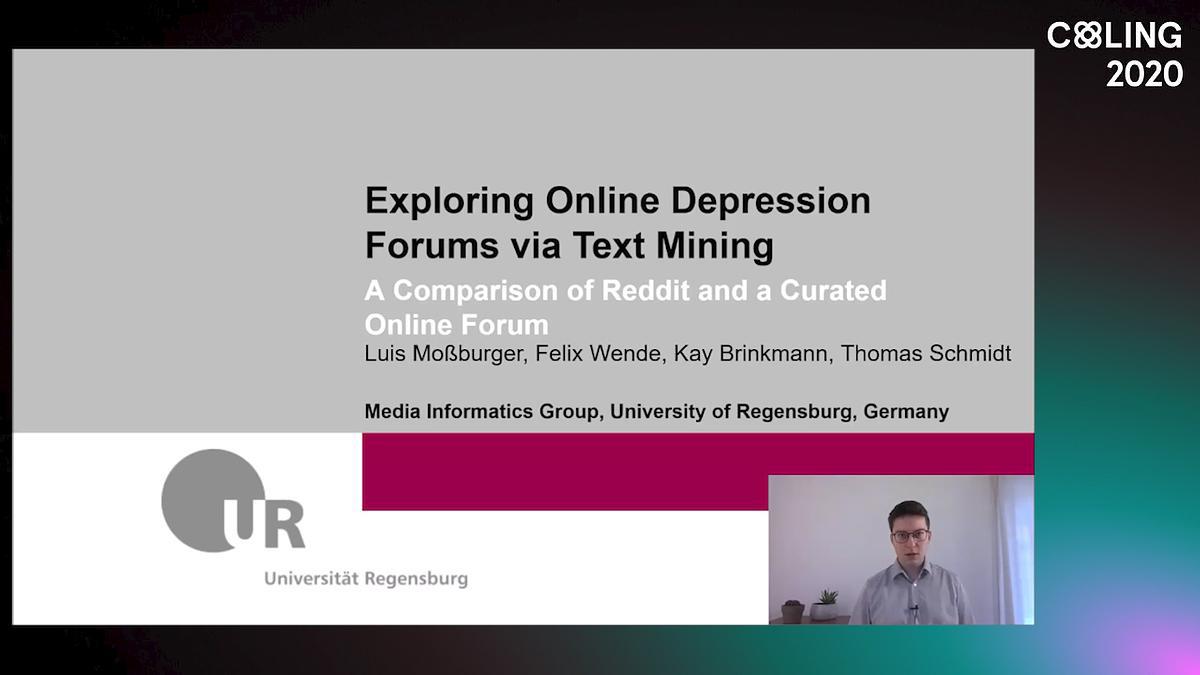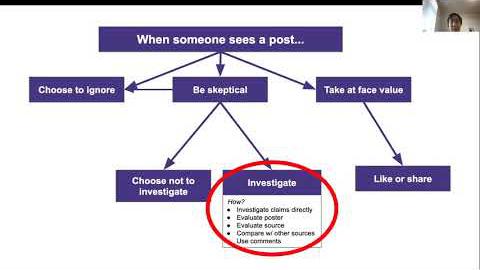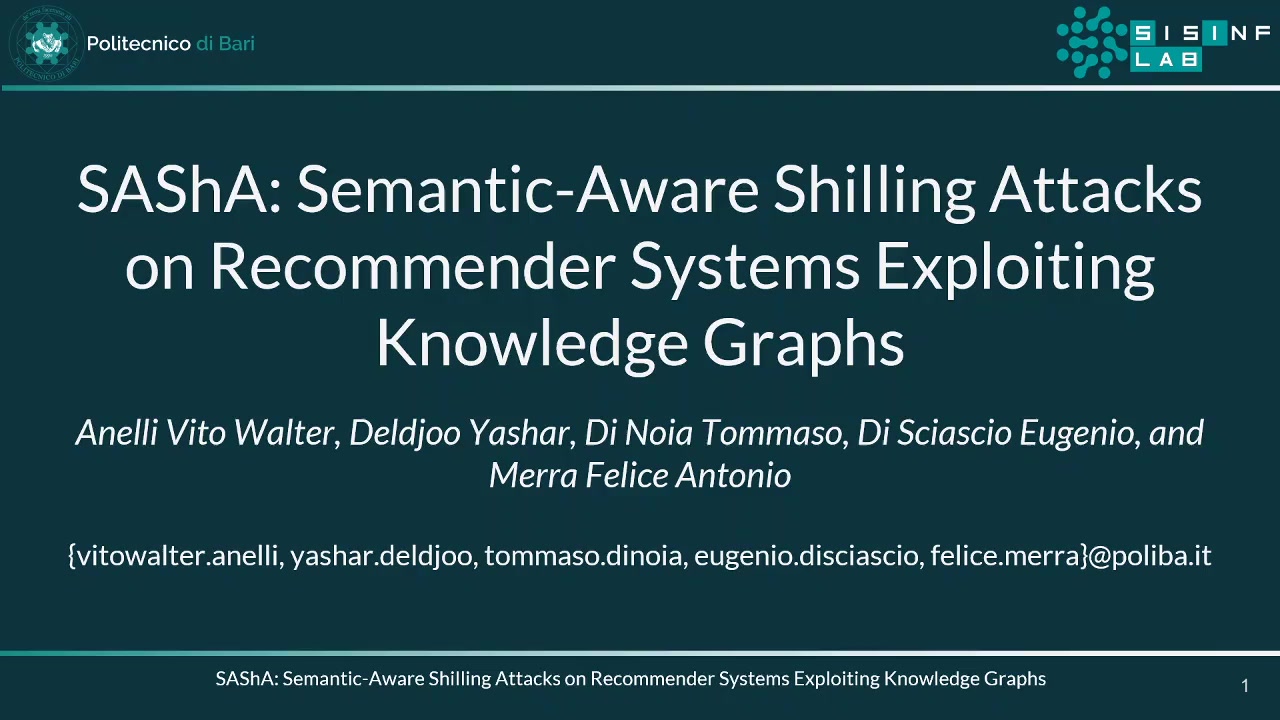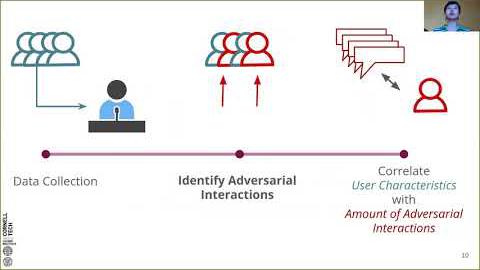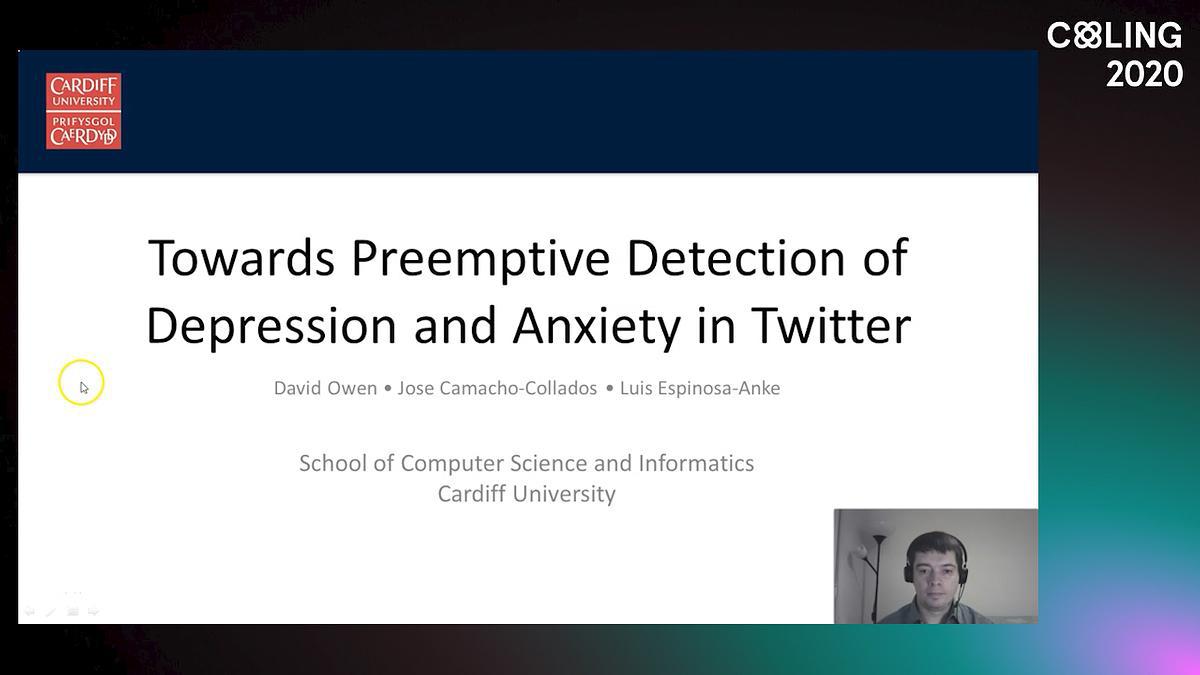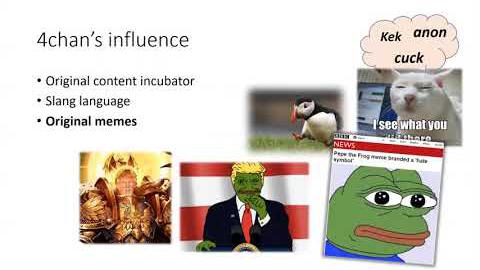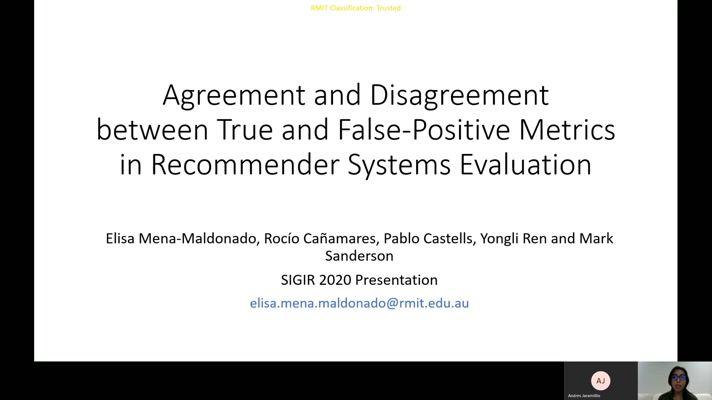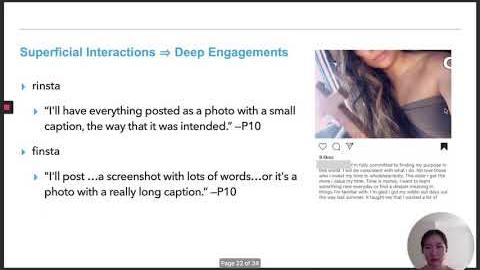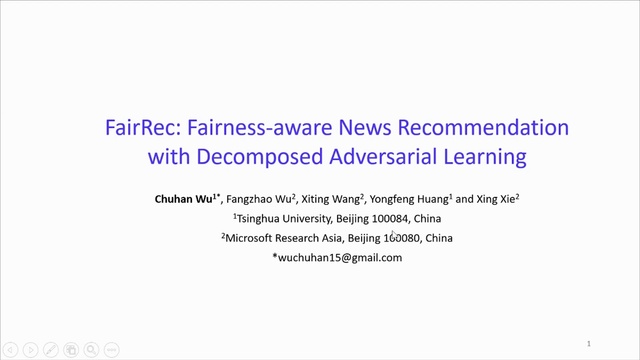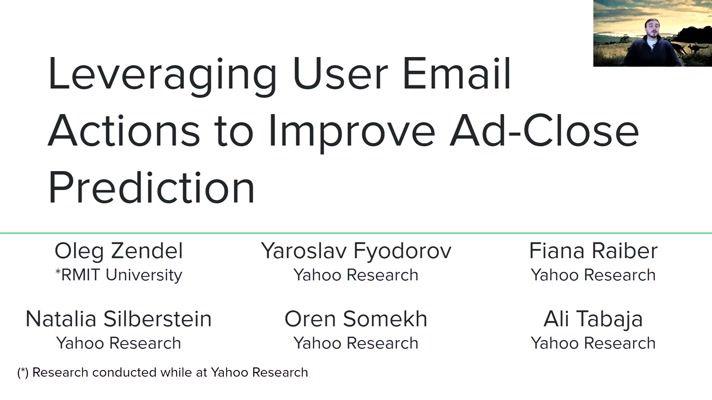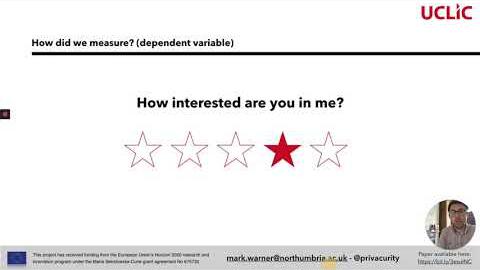Abstract:
How two people speak to one another depends heavily on the nature of their relationship. For example, the same phrase said to a friend in jest may be offensive to a stranger. In this paper, we apply this simple observation to study toxic comments in online social networks. We curate a collection of 6.7K tweets containing potentially toxic terms from users with different relationship types, as determined by the nature of their follower-friend connection. We find that such tweets between users with no connection are nearly three times as likely to be toxic as those between users who are mutual friends, and that taking into account this relationship type improves toxicity detection methods by about 5% on average. Furthermore, we provide a descriptive analysis of how toxic language varies by relationship type, finding for example that mildly offensive terms are used to express hostility more commonly between users with no social connection than users who are mutual friends.




